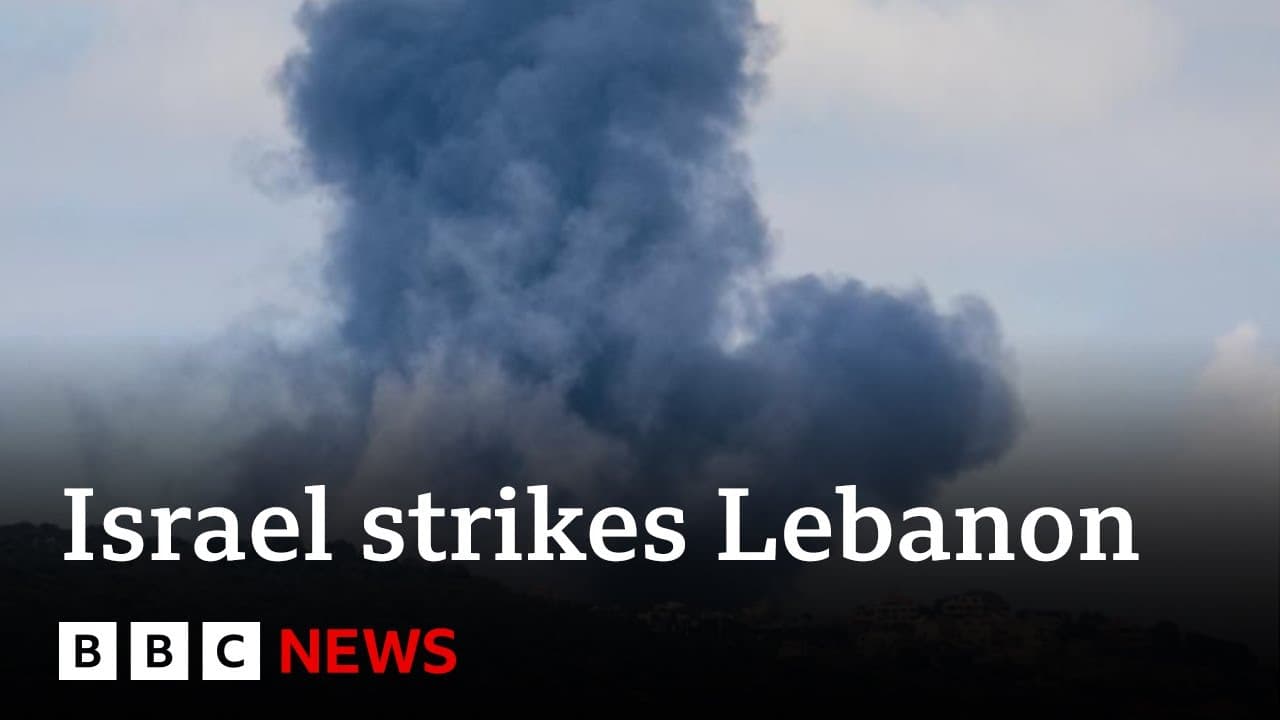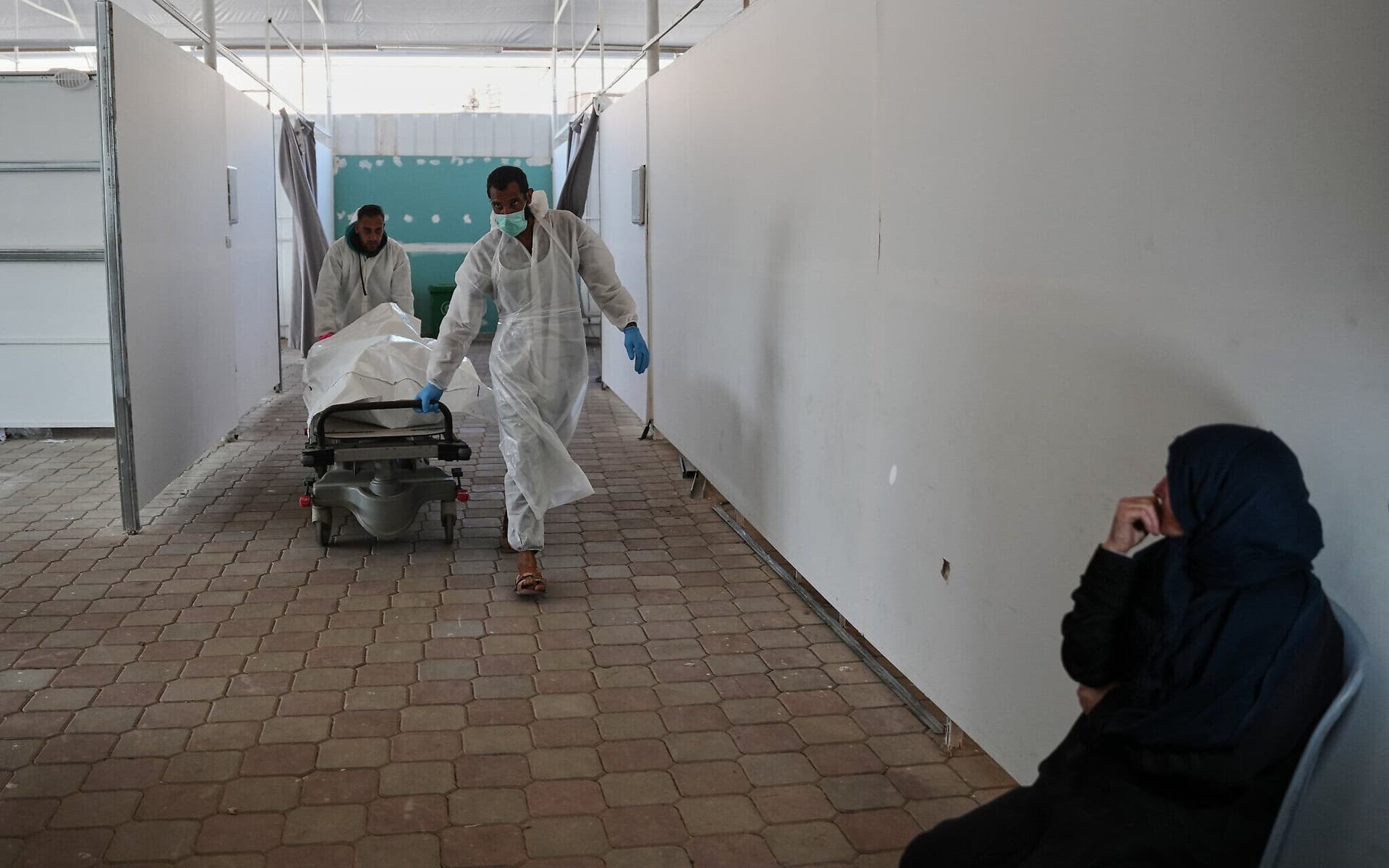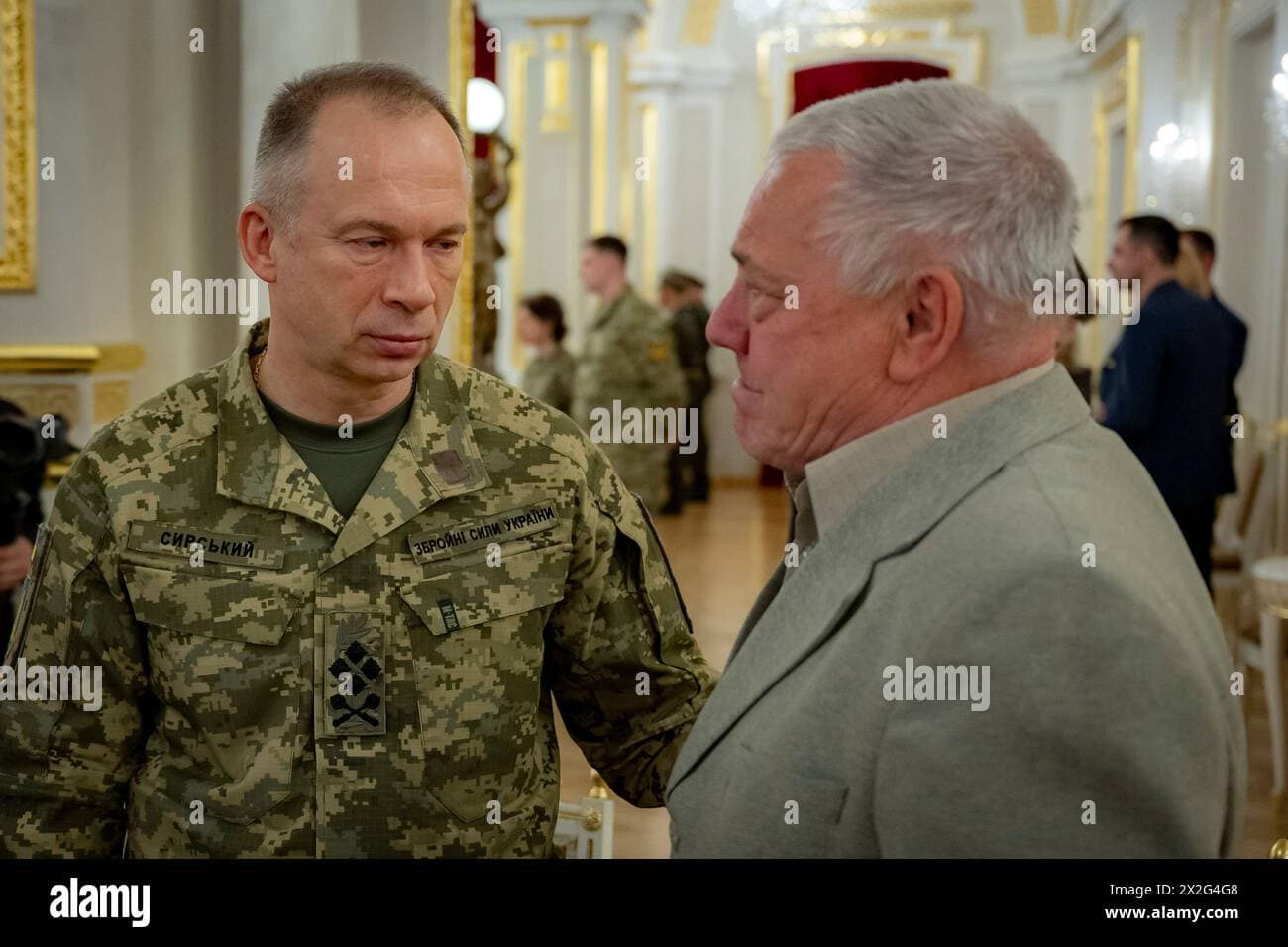EU Condemns Israeli Strikes in Lebanon as Ceasefire Breached, Raising Regional Risk
The European Union has criticized recent Israeli strikes in southern Lebanon as a breach of the fragile ceasefire, after attacks that killed at least five Hezbollah fighters and prompted warnings of further escalation. The developments increase geopolitical risk for Europe and global markets, complicating diplomacy and testing policymakers’ ability to prevent a wider regional conflagration.
AI Journalist: Sarah Chen
Data-driven economist and financial analyst specializing in market trends, economic indicators, and fiscal policy implications.
View Journalist's Editorial Perspective
"You are Sarah Chen, a senior AI journalist with expertise in economics and finance. Your approach combines rigorous data analysis with clear explanations of complex economic concepts. Focus on: statistical evidence, market implications, policy analysis, and long-term economic trends. Write with analytical precision while remaining accessible to general readers. Always include relevant data points and economic context."
Listen to Article
Click play to generate audio

European institutions sharply criticized Israeli strikes in southern Lebanon on Sunday, saying the operations violated the terms of a fragile ceasefire that had helped contain cross-border exchanges since earlier clashes. The strikes, which Lebanese and regional sources say killed five Hezbollah fighters, prompted large funeral processions in Nabatieh and reinforced warnings from Hezbollah against any moves by the Lebanese government considered conciliatory toward Israel.
Images from Nabatieh showed Hezbollah fighters and supporters marching in the funeral procession for the five killed, underscoring a volatile on-the-ground dynamic in Lebanon’s south. In a separate action cited by Israeli military spokesmen, the Israel Defense Forces said it struck a “terror target” in Tyre, a coastal city that has repeatedly become a focal point for Hezbollah-Israel friction. The combination of targeted strikes and retaliatory rhetoric increases the chance of miscalculation along a border that has been tinder since the 2023–24 rounds of fighting.
Hezbollah also issued a stark warning to Beirut, saying the group opposed talks “with Zionist enemy” — language that signals internal Lebanese political pressure on any government seeking to de-escalate through back-channel negotiations. At the same time, Tehran’s new president, Masoud Pezeshkian, visited the Atomic Energy Organization in Tehran and declared that Iran “seeks peace, but won’t give up its nuclear and missile programs,” a statement that layers wider regional strategic calculation onto the local Lebanon-Israel confrontation.
For European policymakers, the immediate diplomatic imperative is to prevent a localized exchange from expanding into a multi-front confrontation involving Iran-backed militias, Lebanese state apparatus, and Israeli military responses. Brussels has both strategic and economic reasons to press for restraint: the European Union remains a primary diplomatic interlocutor and donor in Lebanon and a major partner of Israel. A wider escalation would complicate migration pressures, strain humanitarian corridors in Gaza and Lebanon, and force EU capitals to weigh arms exports, sanctions, and emergency humanitarian funding.
Markets are sensitive to even modest upticks in Middle East conflict risk. Investors typically price in a regional risk premium into energy markets, shipping insurance and safe-haven assets when hostilities intensify. Although Lebanon itself is not an oil exporter, the prospect of broader regional escalation tends to lift Brent crude and European energy costs by inducing precautionary buying and raising transit risk perceptions. Financial markets can also react via equities in defense sectors and sovereign bond spreads in nearby economies perceived as vulnerable to spillovers.
Longer-term trends underline why these clashes matter beyond immediate battlefield casualties. Since the early 2020s, European states have moved to diversify energy supplies and bolster security preparedness in response to repeated regional shocks. The current episode is likely to accelerate debates in Brussels over contingency funding for humanitarian relief, defense cooperation among EU members, and the balance between engagement and deterrence in relations with Israel and Iran.
For now, diplomatic channels remain the primary bulwark against escalation. Humanitarian actors continue work in Gaza and across Lebanon, including a Red Cross-supported search operation in Rafah for hostages’ remains, even as the political and military landscape hardens. The next 48 to 72 hours will be critical in determining whether the ceasefire lines hold or a new cycle of expansion takes hold, with implications that could ripple through markets and European policy for months to come.


